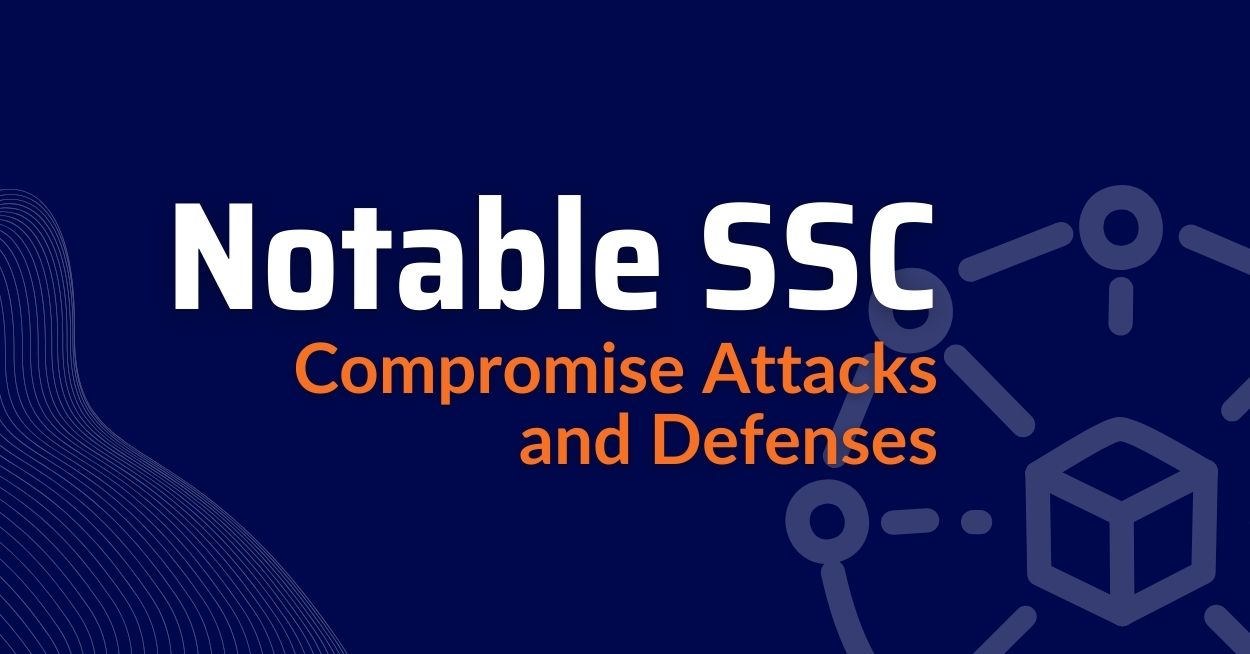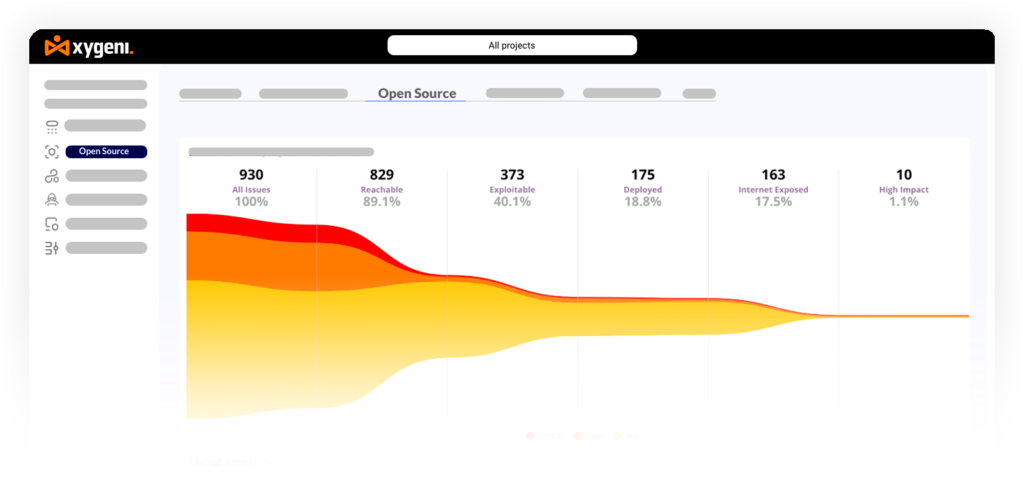Software supply chain attacks are increasingly threatening organizations everywhere. More specifically, these notable supply chain compromise attacks target vulnerabilities in third-party software or services, enabling attackers to sneak into trusted systems and wreak havoc. Consequently, businesses must focus on defending against software supply chain attacks to stay safe. After all, these breaches can be highly complex and difficult to detect.
The Growing Threat of Software Supply Chain Attacks
To understand the scale of this threat, consider the latest statistics. For example, in 2023, the U.S. experienced 242 software supply chain attacks, marking a 115% increase from 2022. On a global scale, these attacks skyrocketed by 633%, resulting in over 88,000 incidents. Looking ahead, experts predict the cost of these breaches will rise sharply, reaching $138 billion annually by 2031, compared to $60 billion in 2025.
As businesses rely increasingly on third-party software, the associated risks continue to grow. For instance, unverified dependencies, misconfigurations, and malicious code often create easy entry points for attackers.
Therefore, tackling these challenges head-on is not just advisable—it is essential to prevent devastating losses. Defending against software supply chain attacks demands a clear understanding of how these breaches occur and, just as importantly, what proactive measures work best.
Understanding Notable Supply Chain Compromise Attacks
A software supply chain attack happens when hackers exploit weak links between organizations and their vendors. These attacks take advantage of trust, compromising software, hardware, or services in the supply chain.
Key Characteristics of Software Supply Chain Attacks
- Exploiting Trust: Attackers embed malicious code into legitimate software updates or tools.
- Weak Third-Party Points: Vendors or contractors often serve as easy targets.
- Widespread Impact: One breach can cascade across multiple companies, leading to data theft, financial losses, and downtime.
Understanding these methods is critical for defending against software supply chain attacks effectively.
Notable Supply Chain Compromise Attacks
Let’s explore four notable supply chain compromise attacks from recent years. These examples reveal how attackers adapt and why robust defenses are essential.
Shai-Hulud Worm in npm Packages (2025)
A self-replicating worm spread through npm packages, first discovered in the @ctrl/tinycolor library. The malware stole developer credentials, exfiltrated them through GitHub, and automatically republished itself across hundreds of packages. The infection expanded from dozens to hundreds within hours.
Key lesson: Treat every dependency install as potential code execution and enforce automated guardrails in CI/CD pipelines.
MOVEit Vulnerability Exploitation (2023)
Attackers exploited a zero-day vulnerability in MOVEit Transfer, targeting sensitive file transfer systems. Over 1,000 organizations and millions of individuals were affected, particularly in healthcare and finance.
Key lesson: Regularly monitor and update critical software to close security gaps.
3CX Desktop App Attack (2023)
Hackers breached the 3CX software build system, injecting malware into VoIP desktop app updates. Thousands of companies unknowingly installed these malicious updates.
Key lesson: Secure every stage of the software development process.
Okta Support System Breach (2022)
Attackers infiltrated Okta’s third-party support system, exposing sensitive customer data. Several enterprises suffered security issues when attackers gained network access using stolen credentials.
Key lesson: Limit and monitor third-party access to critical systems.
Kaseya VSA Ransomware Attack (2022)
Exploiting vulnerabilities in Kaseya’s Virtual System Administrator, attackers deployed ransomware affecting over 1,500 organizations. Ransom demands reached millions.
Key lesson: Proactively patch widely-used IT tools to reduce cascading risks.
These notable supply chain compromise attacks highlight the growing sophistication of attackers and the need for a strong defense.
Defending Against Software Supply Chain Attacks
Software supply chain attacks are a growing concern for organizations everywhere. These attacks target weak spots in third-party software, often giving attackers access to sensitive systems. To protect against these risks, businesses need clear and actionable strategies. Below, we explain practical steps for defending against software supply chain attacks and show how Xygeni’s solutions can make a difference.
1. Begin by Evaluating Third-Party Risks Regularly
First and foremost, evaluating third-party risks regularly is essential for defending against software supply chain attacks. Attackers frequently exploit outdated or poorly maintained software components. Because of this, regular monitoring is critical. Xygeni’s Software Supply Chain (SSC) solution helps you scan for vulnerabilities automatically. It identifies risky components, like outdated libraries, and offers clear steps to address these issues before attackers can exploit them.
Moreover, creating a Software Bill of Materials (SBOM) is just as important. With Xygeni, you can easily generate and manage an SBOM. This detailed inventory tracks the origins of software components, allowing you to spot suspicious changes and act quickly. As a result, you improve your overall security and stay ahead of potential threats.
2. Transition to Zero-Trust Access Controls
Next, adopting a zero-trust approach is vital. Unlike traditional security methods, zero-trust assumes no user or system is safe by default. Therefore, it enforces strict access controls to reduce risks. For example, Xygeni’s platform enables businesses to implement multi-factor authentication (MFA) and monitor user roles effectively. By reviewing access permissions regularly, you minimize unnecessary privileges, which significantly lowers the chances of insider threats or stolen credentials being misused.
3. Focus on Securing CI/CD Pipelines
In addition to access controls, protecting CI/CD pipelines is critical because these pipelines handle sensitive workflows. Xygeni’s solution secures your pipelines by scanning build scripts and configurations for vulnerabilities, integrating pre-commit checks to block risky code, and sending real-time alerts for misconfigurations.
4. Maintain Software Integrity Using SBOMs
Equally important, maintaining software integrity is a key part of defending against software supply chain attacks. Xygeni’s advanced SBOM tools give you a complete inventory of all components in your system. By verifying the origins of dependencies through cryptographic signatures, you can detect tampering and ensure only trusted components are included in your software.
5. Monitor and Respond to Anomalies in Real Time
At the same time, real-time monitoring is essential for catching subtle anomalies that could indicate a threat. Many notable supply chain compromise attacks begin with small, unnoticed changes. Xygeni’s anomaly detection continuously monitors your repositories, pipelines, and configurations. When unusual activity occurs, Xygeni sends instant alerts via tools like Slack or email. This enables your team to respond immediately and stop threats before they escalate.
6. Automate Vulnerability Fixes for Faster Responses
Moreover, automating vulnerability fixes can save time and improve security. Dealing with vulnerabilities manually slows response times, especially when there are many alerts. Xygeni’s automated tools scan public software registries in real time, blocking malicious packages before they enter your system. Additionally, its advanced prioritization funnels help your team focus on the most critical risks, ensuring resources are used effectively.
7. Align Your Practices with Industry Standards
Finally, aligning your security practices with recognized industry standards is crucial. Xygeni helps organizations implement best practices from frameworks like OWASP and NIST SP 800-204D. These standards not only strengthen your defenses but also ensure compliance with industry regulations. By embedding them into your workflows, you create a secure environment that builds trust with your stakeholders.
Build a Stronger Defense Today with Xygeni
In conclusion, the rise of notable supply chain compromise attacks highlights the urgent need for robust defenses. By evaluating risks regularly, securing pipelines, automating fixes, and aligning with industry standards, Xygeni’s comprehensive Software Supply Chain solution helps you effectively defend against software supply chain attacks.
Start protecting your systems today—explore how Xygeni can secure your software supply chain.







